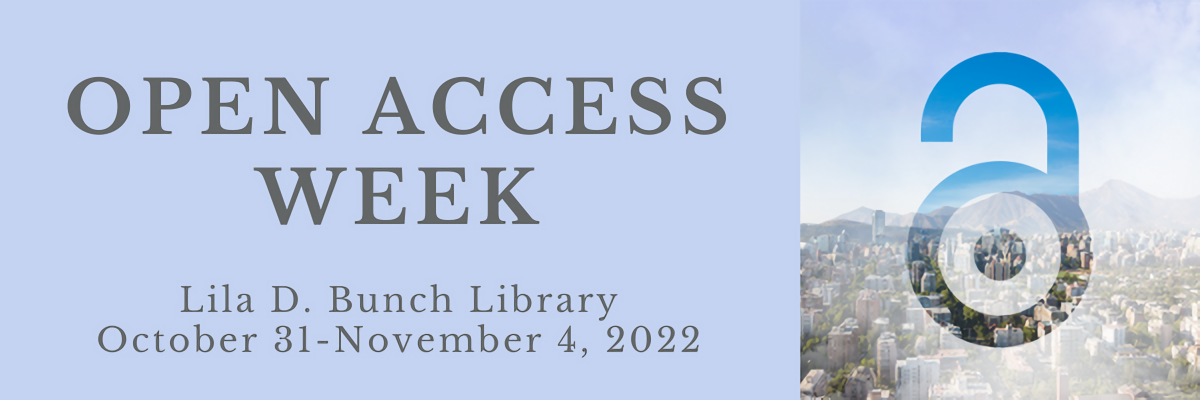
Open Access Week 2022
Subscribe to RSS Feed (Opens in New Window)
| 2022 | ||
| Tuesday, November 1st | ||
| 12:00 PM |
Open Access and Faculty Scholarship @ Belmont Jenny Mills, Belmont University Zoom 12:00 PM - 1:00 PM The open access movement is transforming the traditional model of scholarly publishing and challenging established norms for access and sharing of knowledge. The implications for faculty scholarship are many. What are the benefits of publishing in open access journals? What about quality? What about article processing charges? Bring your lunch, login, and join the campus conversation about open access, facilitated by Belmont librarians, who will introduce some basic information about this new publishing model and Belmont’s new Open Access Publishing Fund to support Belmont authors. |
|
|---|---|---|
| Wednesday, November 2nd | ||
| 10:00 AM |
Scale the Paywall: Find Free (and legal) Journal Articles Jenny Mills, Belmont University Zoom 10:00 AM - 11:00 AM You have found the perfect journal article for your research, you click the full text link, and then....you are asked to login, subscribe, or pay up! You have hit a paywall. But why?! Why are articles behind paywalls, and more importantly, how can you get around them? (legally, of course) The library faculty will share some easy-to-use tools that will help you scale the paywall and get access to the information you need. |
|
| Friday, November 4th | ||
| 10:00 AM |
Alisa Haas, Middle Tennessee State University JACC 4094D 10:00 AM - 11:00 AM Climate change is causing extreme heat events to become more frequent, warmer, and longer. These heat events are especially concerning to densely-packed urban areas, which tend to be warmer than rural areas with more vegetation and open space. Within a city, heat exposure and related health concerns disproportionately burden vulnerable populations, such as the elderly, and areas where urban heat is most intense, such as historically minority neighborhoods. Join me while we explore the causes and variations of climate and extreme heat inequity in urban areas and how involving citizen scientists in research enhances the community’s understanding of climate and leads to reduced heat exposure and related illnesses. |
|


